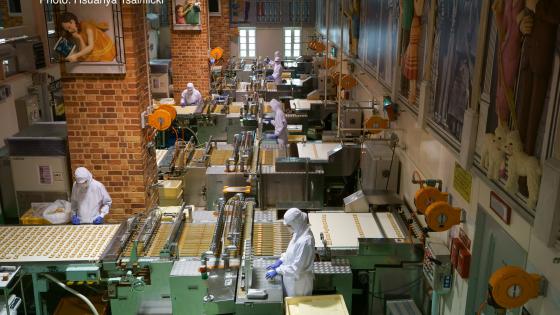DP19016 How Aggregate Uncertainty Shapes the Spatial Economy
This paper develops a dynamic spatial general equilibrium model of a multi-region multi-sector open economy in which heterogeneous agents choose optimally where to locate and work, by making forward-looking decisions under aggregate uncertainty about future realizations of economic fundamentals and idiosyncratic risk of aging. To address the role of aggregate uncertainty in interaction with spatial determinants of the equilibrium, we solve the system of individual dynamic optimal-control problems under rational expectations as a Mean Field Game, in discrete time, over the discrete state space, preserving the full non-linear structure of the problem.
With a calibration for France, we demonstrate that households behave substantially differently between uncertainty and perfect foresight. By affecting the continuation value of jobs -- differently by location and age -- uncertainty alters the patterns of labor reallocation in transition as well as in the long run.
The impact of uncertainty alone on individual lifetime welfare is negative on average, but it triggers heterogeneous welfare changes: substantial portions of the population lose much more than the average (are stuck in less attractive jobs) while some agents actually gain (since others did not reallocate). Consequently, the spatial distribution of economic activity deviates ceteris paribus systematically when agents make decisions under uncertainty compared to perfect foresight. In that sense, aggregate uncertainty per se shapes the spatial economy.

